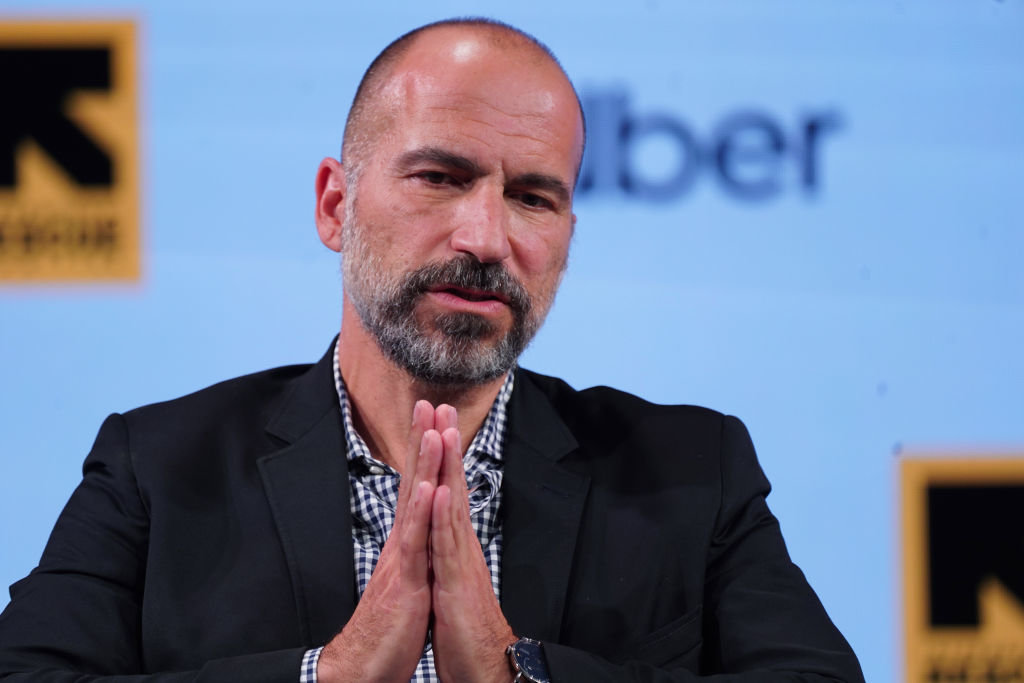The briefing on technology
The latest news, trends and data on technology
Technology news in numbers
$3tn
The market cap achieved by tech titan Apple at the start of 2022.
3-nanometre
The notional size of components on the new chip Taiwan Semiconductor Manufacturing announced it had put into pilot production in December
$40bn
The valuation Singaporean tech company Grab grabbed at its public float in December, making it the biggest SPAC deal to date.
$196m
The reported amount stolen from cryptocurrency exchange Bitmart in a cyberattack at the end of 2021.
$6bn
The total electric vehicle subsidies issued by China's Ministry of Finance from 2016 to 2020.
$1.6bn
The amount graphics processor maker Nvidia has spent to avoid major supply chain problems.
Top story

From the news
Google to buy Siemplify: But government is turning a beady eye on Big Tech acquisitions
Google will acquire cybersecurity startup Siemplify in a $500m deal despite an increasingly hostile attitude toward such deals from governments around the world. However, the growing scrutiny is not likely to discourage Big Tech firms from making more acquisitions in the future.
“I would imagine that if they want to acquire a company and they can see a strategic reason for acquiring it, then they won’t shy away from doing it,” David Bicknell, principal analyst at Globaldata’s thematic research team, tells Verdict. “And if and when the regulation really sort of happens, then they’ll cross that bridge when they come to it.
Yet another blow to Nvidia-Arm buy as FTC sues to block, saying deal would “stifle the innovation pipeline”
The long delayed and much-investigated $50bn+ purchase of UK chip designer Arm by US-headquartered graphical processing goliath Nvidia has run into yet another obstacle as the US Federal Trade Commission (FTC) is now taking legal action to prevent the deal.
The FTC lawsuit is merely the latest of many regulatory obstacles which have impeded the progress of the deal. British, European and Chinese regulators have also launched probes.
XPeng says it will finally bring Chinese-made cars to Europe
Chinese electric vehicle (EV) maker, XPeng, will soon deliver half its output to countries outside China, Vice President and Chairman Brian Gu has said. He added that the company would start exporting cars to Denmark, Sweden and the Netherlands in 2022.
The Guangzhou-based company – with a dual listing in New York and Hong Kong – is often described as famous US-based EV maker Tesla’s main rival.
No more force-fed cookies: Google and Facebook face data privacy fines
The Commission Nationale de l’Informatique et des Libertés, CNIL, has sued Facebook and Google. The market watchdog argues that the tech giants has made it difficult to reject cookies and that this in turn affects users’ freedom of consent and constitutes an infringement of Article 82 of the French Data Protection Act. The regulator has therefore now slammed Google with a €150m fine and Facebook with a €60m fine.
Binance conduct branded “unacceptable” by Ontario securities regulator
Prominent cryptocurrency exchange Binance has been reprimanded by authorities in Canada’s Ontario province for telling users that it was allowed to continue trading there, despite lacking the registration to do so.
The Ontario Securities Commission released a statement on Thursday, pointing out that “Binance is not registered under securities law in Ontario. This means they are not authorized to offer trading in derivatives or securities to persons or companies located in the province.”
The OSC added: “This is unacceptable.”
Fintech startups rejoice at new UK open-banking rule change
UK open banking startups are in a celebratory mood after the nation’s financial markets regulator changed the 90-day rule, which required users to re-authenticate their permission for sharing financial data every three months.
Users previously had to re-authenticate their permission with every app and provider they shared their financial data with. This had been viewed as particularly cumbersome. Now users will just need to give their permission to share their data once, albeit still every 90 days.
BACK TO TOP